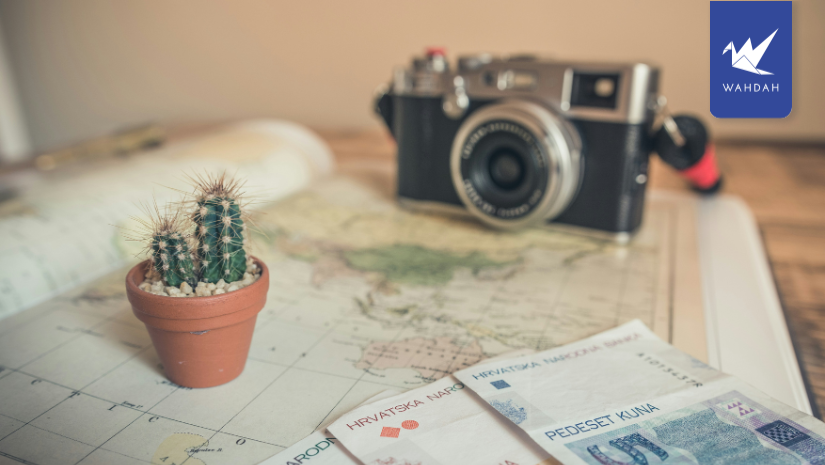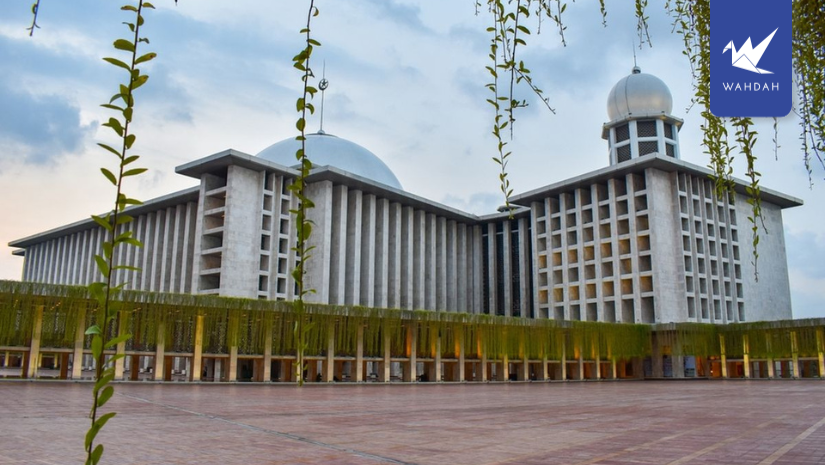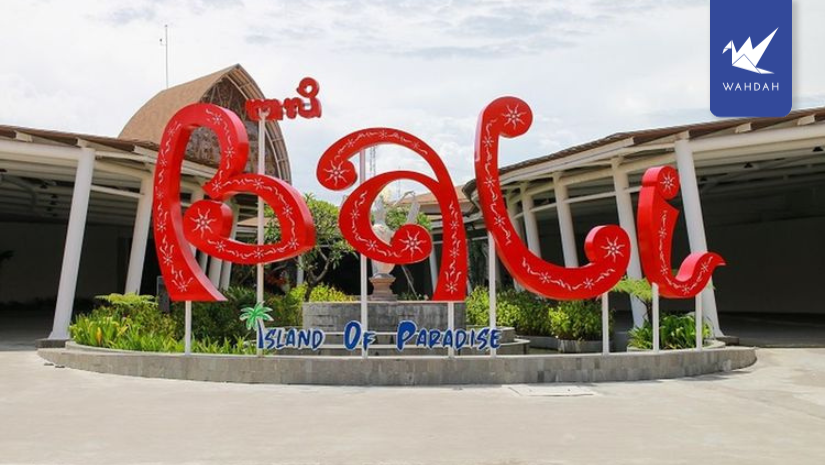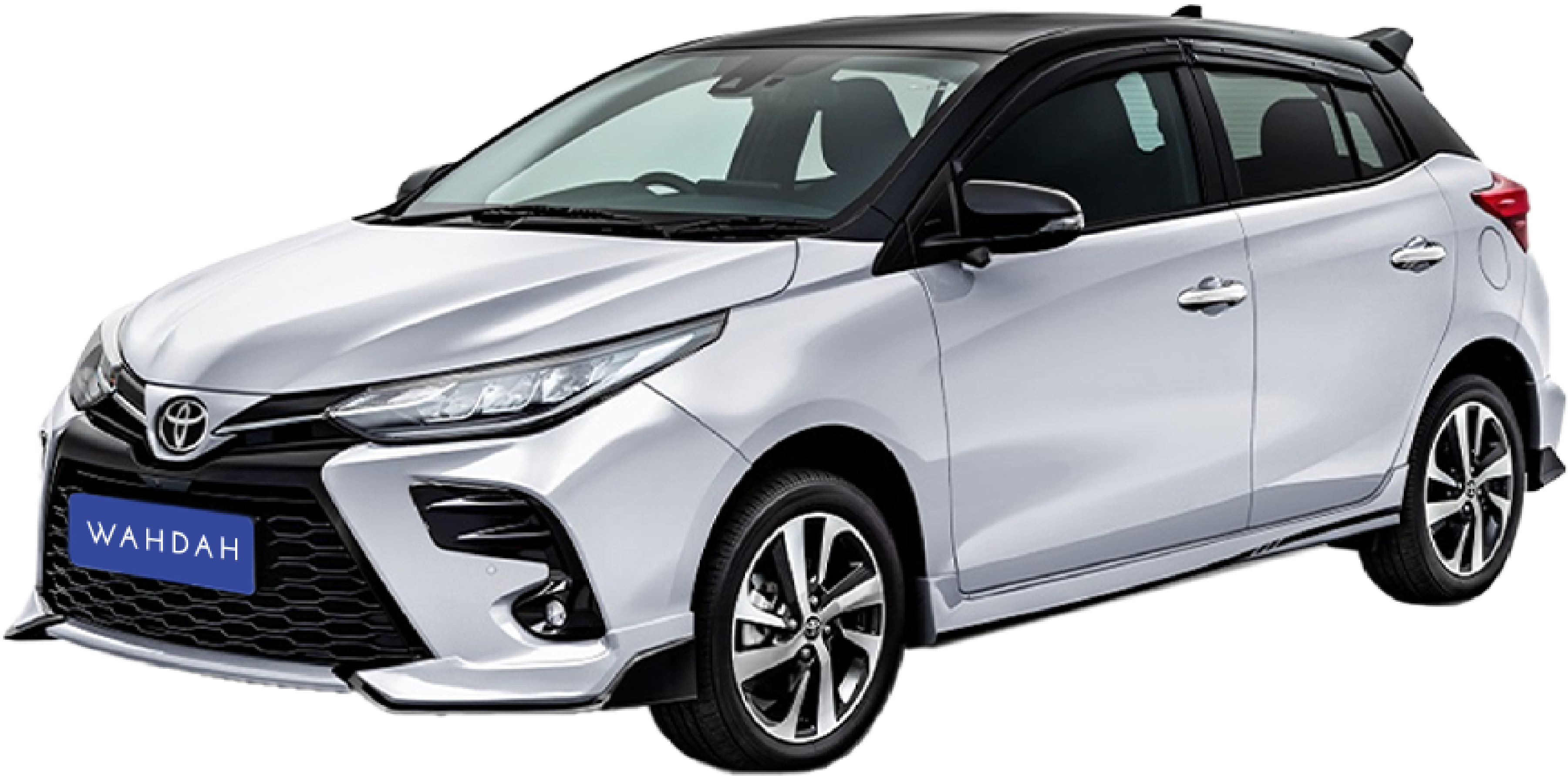How to Prepare a Travel Budget to Indonesia (Without the Headaches)

You've seen the pictures: perfect beaches, lush jungles, and vibrant cultures. But then reality hits. "How can I afford this?" Figuring out how to prepare a travel budget to Indonesia is the key that unlocks the trip from a dream to a booked flight. This isn't about being the cheapest traveler; it's about being a smarter one, so you can enjoy that Bintang on the beach without worrying about your bank account.
Let's get real about the process and create a budget that actually works.
How to Prepare a Travel Budget: A Real-World Framework for Indonesia
Forget complex formulas. A realistic Indonesia budget boils down to three straightforward steps that focus on how you travel, not just what you spend.
Step 1: Get Honest About Your Travel Style (Comfort vs. Cost)
Be real with yourself. Your daily comfort level is the single biggest factor in your budget. Ask: What does "travel" mean to me?
- The Shoestring Backpacker: Your priority is maximizing time, not luxury. You're happy with a dorm bed, street food is an adventure, and a long, bumpy bus ride is part of the experience. Your budget will be allocated to essentials and key activities.
- The Comfort-Seeker: You need a private room, a reliable mattress, and strong Wi-Fi. You mix street food with nicer cafes and will choose a convenient ride-share over a crowded local bus. Your budget balances saving with strategic comfort.
- The "Treat Myself" Traveller: Your focus is on immersion and ease. You might splurge on a private villa or a resort with a pool, book private drivers for day trips, and dine at highly-rated restaurants. Your budget prioritizes time-saving and premium experiences.
There's no right or wrong answer. But being honest here is the most important part of learning how to prepare a travel budget.
Step 2: Research Destination-Specific Cost Categories
Instead of looking for one magic number, break down your research into clear categories. The cost of a day in Jakarta is vastly different from a day in the Gili Islands.
- Flight Strategy: Your biggest fixed cost. Use fare comparison tools and be flexible with your dates and airports. Flying into a major hub like Jakarta can sometimes be cheaper than flying directly to Bali.
- Accommodation Tiers: Don't just search for "hotel." Research the price difference between:
- Hostel dorms vs. private rooms in guesthouses (losmen).
- Guesthouses in the center of town vs. those a 10-minute scooter ride away.
- Local homestays vs. international hotel chains.
- Daily Expense Breakdown: This is your flexible spending. Research the cost of:
- A meal at a local warung (eatery) versus a tourist restaurant.
- Renting a scooter for a week versus taking daily ride-shares.
- Entrance fees for the main temples and attractions you want to see.
Step 3: Build Your Budget with a "Buffer" Category
This is where the plan comes together. Create a simple spreadsheet with two main sections:
- Fixed & Pre-Trip Costs: These are your known, upfront expenses.
- International Flights
- Travel Insurance (Non-negotiable for peace of mind)
- Visa Fees
- Any major pre-booked tours or internal flights
- Daily & Flexible Costs: This is the spending you control on the ground.
- Accommodation (Cost per night x number of nights)
- Food & Drink (Estimate a daily average)
- Local Transportation (A daily average)
- Activities, Tours, & Entrance Fees
- Souvenirs & Miscellaneous
The Golden Rule: The "Oops" Fund: After you total everything, add a final category worth 10-15% of your total budget. This is not for souvenirs; it's for the unplanned: a spontaneous diving trip, a last-minute flight change, an amazing cooking class you just heard about, or replacing a lost phone charger. This buffer is what separates a stressful trip from a flexible, enjoyable one.
Read more: Bandung to Bali by Car: Your Road Trip Guide + Must Visit Spots
How to Do Budget Travelling: Smart Saving Strategies for Indonesia
Knowing how to do budget travelling is about making strategic choices that save you money without sacrificing the experience.
Travel Off-Season: Your Biggest Lever for Savings
Avoid the peak dry season (June-August) and year-end holidays. Traveling during the shoulder seasons means you'll often find lower prices on flights and accommodation, with the added benefit of fewer crowds, even if you might see a brief afternoon rain shower.
Use a Budgeting App: Track Spending in Real Time
The simplest way to travel on a budget is to have awareness. Use a simple app on your phone to log every expense for the first few days. You'll quickly see where your money is going—maybe you're spending too much on bottled water or taxi rides—and can adjust your habits accordingly for the rest of the trip.
Embrace Alternative Accommodation
Think beyond hotels. Indonesia is famous for its family-run homestays, which offer incredible value and a chance for authentic cultural exchange. For longer stays, consider platforms that connect you with house-sitting opportunities or volunteer exchanges in return for free accommodation.
How to Travel on a Budget: Daily Money-Saving Tips in Indonesia
Your daily habits are where your budget is truly won or lost. Here’s how to travel on a budget day-to-day.
Eat Where the Locals Eat
The single easiest way to cut costs. A warung with plastic chairs and a menu only in Bahasa Indonesia will serve delicious, authentic food at a fraction of the price of a restaurant with an English menu. Follow the crowd—if it's full of locals, you're in the right place.
Master the Art of Free and Cheap Activities
Some of the best Indonesian experiences cost little to nothing.
- Spend a day exploring different beaches.
- Hike up early for a sunrise with a panoramic view.
- Wander through local markets just to observe the daily life.
- Visit public temples and parks (remembering to always dress respectfully).
Stretch Your Travel Budget Further with Smart Transportation
Another thing how to prepare a travel budget to Indonesia is to maximize your transport strategy. While ride-hailing apps are great for cities, exploring multiple regions requires a different approach.
Unlimited Mileage
When you want to see more than one destination, worrying about per-kilometer charges can limit your adventure. A rental with unlimited mileage allows you to journey from the cultural heart of Ubud to the volcanic landscapes of East Java without any transportation cost surprises, making your budget predictable.
Customer Support
Navigating new roads in a foreign country can be daunting. Having access to reliable, English-speaking customer support means that if you have a question or need assistance, help is just a phone call away. This peace of mind is invaluable and prevents small issues from becoming costly problems.
Flexible Pick-Up & Drop-Off
Creating a linear itinerary is one of the smartest ways to travel on a budget. The ability to pick up a car in one city and drop it off in another saves you the time and money you would have spent on a long return journey or expensive domestic flights.
Book Your Budget-Friendly Car with WAHDAH Today
Essential Budgeting Tools & Resources
Put your plan on autopilot with the right tools.
Find a Free Travel Budget Template
A quick online search will yield dozens of free, pre-made budget spreadsheets. Download one and customize the categories to fit your Indonesia plan. It saves you from building one from scratch.
Automate Your Savings Before You Go
The easiest way to save is not to think about it. As soon as you start planning, set up a small, automatic weekly transfer from your checking to your dedicated "Indonesia Fund" savings account. Watching it grow is motivating and makes the trip feel more tangible.
Read more: Rent WAHDAH Car Rental Jakarta Selatan with Unlimited Mileage
Travel Budget FAQ: Your Indonesia Questions Answered
How to create a travel budget?
Creating a travel budget is a 3-step process: 1) Define your travel style to set spending priorities, 2) Research realistic costs for your specific destinations in categories like flights, accommodation, and daily expenses, and 3) Organize it all into a simple spreadsheet, ensuring you include a 10-15% buffer for unexpected costs.
What is a reasonable daily budget?
A "reasonable" budget is personal, but it can be broken into tiers. A budget-tier focuses on dorms, street food, and public transport. A mid-range tier allows for private rooms, a mix of eateries, and paid activities. A premium tier includes resorts, private tours, and fine dining. Your research will define what "reasonable" means for you.
How much money should I bring for a week?
For a one-week trip, calculate your estimated daily flexible costs (accommodation, food, transport, activities) and multiply by seven. Then, add the cost of any pre-booked items and a separate amount of cash for small purchases, markets, and tips. It's always better to have a debit card for ATM withdrawals as a backup rather than carrying all your cash at once.
Read more: WAHDAH Car Rental Bali Seminyak with Unlimited Miles & Cross-Island Trips
Anatashia Nuraini S. (Travel Writer)









 English
English
 Malaysia
Malaysia
 Bahasa Indonesia
Bahasa Indonesia Singapore
Singapore
